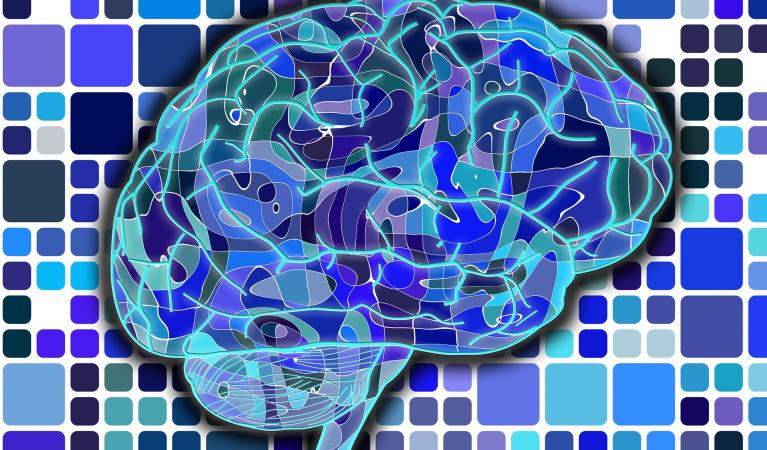26.8.2024
A new study by the University of Eastern Finland and partners identified new genetic variants associated with normal pressure hydrocephalus (NPH). Published in Neurology, the study is the first large-scale genome-wide association study related to NPH in the world. The results provide new insights into the genetic background of NPH and provide a basis for further research into the specific biological mechanisms underlying the condition.
13.6.2024
An international team of researchers has uncovered genetic factors that predispose women to a genetic phenomenon where some cells lose one of their two X chromosomes.
10.4.2024
A study conducted at the Faculty of Sport and Health Sciences at the University of Jyväskylä showed that a genetic predisposition for higher muscle strength predicts a longer lifespan and a lower risk for developing common diseases. This is the most comprehensive international study to date on hereditary muscle strength and its relationship to morbidity. The genome and health data of more than 340,000 Finns was used in the research.
9.4.2024
Aarno Palotie, Research Director, Docent of Cell Biology, Doctor of Medicial Science and Surgery, has been named Docent of the Year in 2024 at the University of Helsinki. The recipient of the distinction is chosen by the Docents’ Association of the University of Helsinki.
28.3.2024
A new hereditary disease was found in Finns, which manifests as severe infectious mononucleosis. The genetic defect can lead to the treatment of many different diseases.
4.3.2024
Recent results from researchers at the University of Helsinki indicate that genetic risk information can help tailor and target breast cancer screening more effectively to the women who would benefit the most.
28.2.2024
Genes regulating the immune response influence an individual's risk of lung cancer, according to a study published in the world's leading scientific journal. Having less diverse HLA molecules increases the risk of lung cancer, especially in smokers.
14.2.2024
A unique Finnish study has investigated the link between growth conditions in the womb and cardiovascular disease in adulthood. The results highlight the importance of shared genetic factors between mother and child.
17.1.2024
Hereditary risk of colorectal cancer should be assessed in a more comprehensive way, shows a study led by researchers at the University of Helsinki, Finland. Using comprehensive genetic information, the age and frequency of screening could be tailored based on individual risk.
5.1.2024
The largest genetic study of gestational diabetes to date has led to a discovery of nine novel genetic regions linked to this severe and common pregnancy complication. The results shed light on previously unknown physiological mechanisms related to the development of diabetes that involve adaptive changes in the brain during pregnancy.









